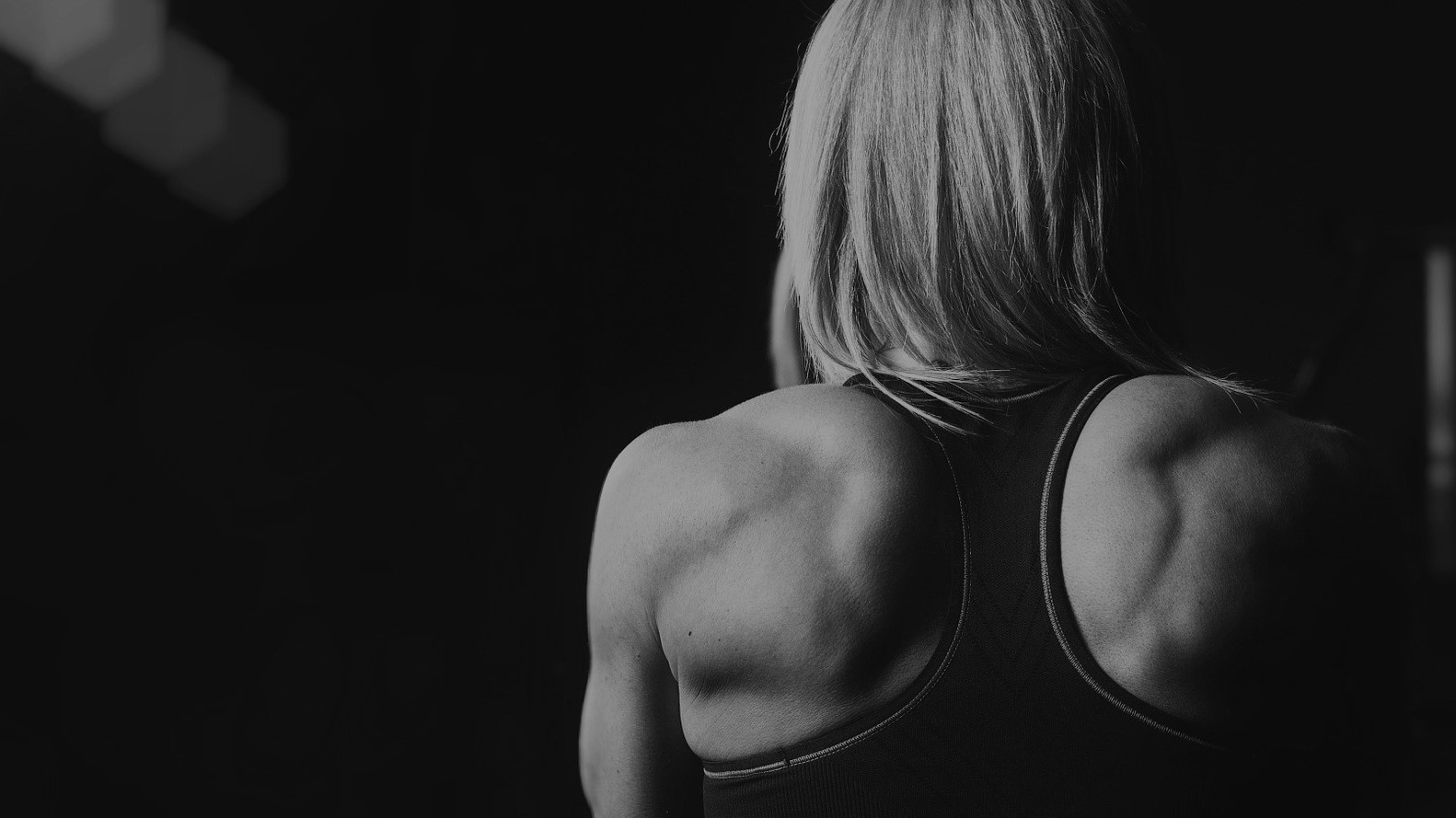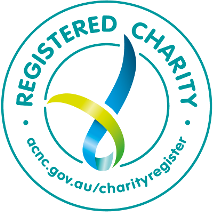 Being an elite athlete is such a mix of experiences. Much of the time it’s like any job; a daily grind of completing tasks to the best of your ability. Sometimes it’s massively fun, such as joking around with team mates and traveling to amazing destinations. Sometimes it’s off-the-scale exhilarating, such as getting a place on the national team, winning an Olympic medal or hooking up at the celebrations. Then there’s the well-known down sides – the injuries, the pain, the disappointing progress. And for some athletes this negative experience also includes the trauma of sexual assault.
Being an elite athlete is such a mix of experiences. Much of the time it’s like any job; a daily grind of completing tasks to the best of your ability. Sometimes it’s massively fun, such as joking around with team mates and traveling to amazing destinations. Sometimes it’s off-the-scale exhilarating, such as getting a place on the national team, winning an Olympic medal or hooking up at the celebrations. Then there’s the well-known down sides – the injuries, the pain, the disappointing progress. And for some athletes this negative experience also includes the trauma of sexual assault.
There is an increasing awareness of the risk of harassment, abuse and assault in the sporting context. For the first time in Olympic history four sexual assault support clinics and a hotline were available at the 2018 PyeongChang Winter Games.
The stats show that sexual violence is on the rise in Australia. Sexual assault, defined as a sexual act carried out against a person’s will through the use or attempted use of physical force, intimidation or coercion, has been experienced by 17% of women and 4.3% of men. It is widely believed to be the most under-reported crime and when it is reported, conviction rates are low. Most assaults are not by strangers. In some cases, an assault can begin with an intimate and consensual situation, that’s taken beyond what one person wanted or agreed to. In the wake of the Saxon Mullins case, there is a push for Australian laws to change so that consent must equate an ‘enthusiastic yes’.
The perfect storm: contributing factors
Although athletes could be considered assertive, strong and well-supported, a number of factors could contribute to a higher risk of assault occurring in this demographic:
- Highly controlled life – This creates an urge to let loose after the competition is over and a sense of earning the right to go wild, given all the sacrifices made and the status reached.
- What goes on tour stays on tour – A team on tour stays in close living quarters, with periods of down time and away from partners. The Olympic Village is well-known for its ‘sexcapades’. Sexual activity in this context is generally normal and consensual however a secret code can exist among team mates where normally unacceptable behaviour is sometimes encouraged and then kept secret.
- The athlete personality – Athletes can have risk-taking, thrill seeking personalities, are in peak physical condition with high sexual drive. There is also a culture in some sports where male aggression is valued.
- Low alcohol tolerance – Abstinence when training, followed by a sudden unusually high consumption of alcohol, can lead to poor decisions or incapacitation at celebrations.
Reasons athletes stay silent when things go wrong
Like many people, when athletes are struggling with emotional issues it can be hard to seek help. This can be compounded by the high-performance environment.
- The need to appear strong – Many athletes want to convey the message to their team mates, their coach and their competitors that they are strong, in control, coping and resilient.
- Fear of consequences – Many athletes fear that speaking out could result in negative consequences, such as losing a place on the team, being sent home, being seen differently by their team management, coach, team mates and/or competitors. Many victims of sexual assault fear they will be blamed or not taken seriously, especially when the perpetrator is highly esteemed. In cases of abuse by coach or team doctor, such as the high-profile US gymnastics case, young athletes were conditioned to comply with those in positions of power.
- Loyalty – If the perpetrator is a team-mate, athletes may avoid reporting an incident for fear of the consequences for the team-mate and the expectation that team-mates will back each other up.
Impact of assault on athletes
Anyone who has experienced sexual assault, including athletes, can go through a range of emotional responses, including:
- Shock, denial or disconnection
- Confusion about what happened and what to do now
- Anxiety
- Worries about STDs or pregnancy
- Fear of speaking up
- Anger
- Shame, and a belief it was their fault
- Loss of confidence
- Sorrow or depression
- Loneliness
These emotional responses are likely to have an impact on concentration in training and overall performance, especially if the person is without support. Some people turn to unhealthy coping strategies such as drugs or alcohol and may drop out of elite sport.
Culture change
With a growing awareness of this issue, all athletes and sports administrators have an opportunity to offer support in this situation.
Athletes can:
- Report any concerning behaviour to team management
- Step in to prevent unsafe situations from escalating
- Ask team-mates of concern ‘Are you really okay?’
Sports managers can:
- Respond sensitively and seriously to any reports of assault
- Encourage help-seeking behaviour for wellbeing, not just for performance psychology
- Promote safe partying and clear codes of conduct
How to cope or help a friend
If you are concerned about a friend or team-mate, you can help by:
- Talking to a trusted adult about your friend
- Being there to listen to your friend without judging
- Set boundaries – you can’t be their counsellor or be there all the time
- Encourage them to get help
- When it comes to a person’s immediate safety, never keep it secret
If you feel scared, worried or confused about anything that’s happened to you, it’s important to tell someone you trust, such as a parent, your GP or a counsellor.
Remember, you’re not alone. Other people who have been through something difficult say that TALKING HELPS. If you are in the following countries, you can talk to:
Australia:
CASA – centre against sexual assault
1800Respect (or call 1800 RESPECT)
Rape & Domestic Violence Services Australia
UK:
The NHS has a number of helplines.
USA:
RAINN runs a national hotline.
NZ:
RPE provides a number of resources and help centres.


